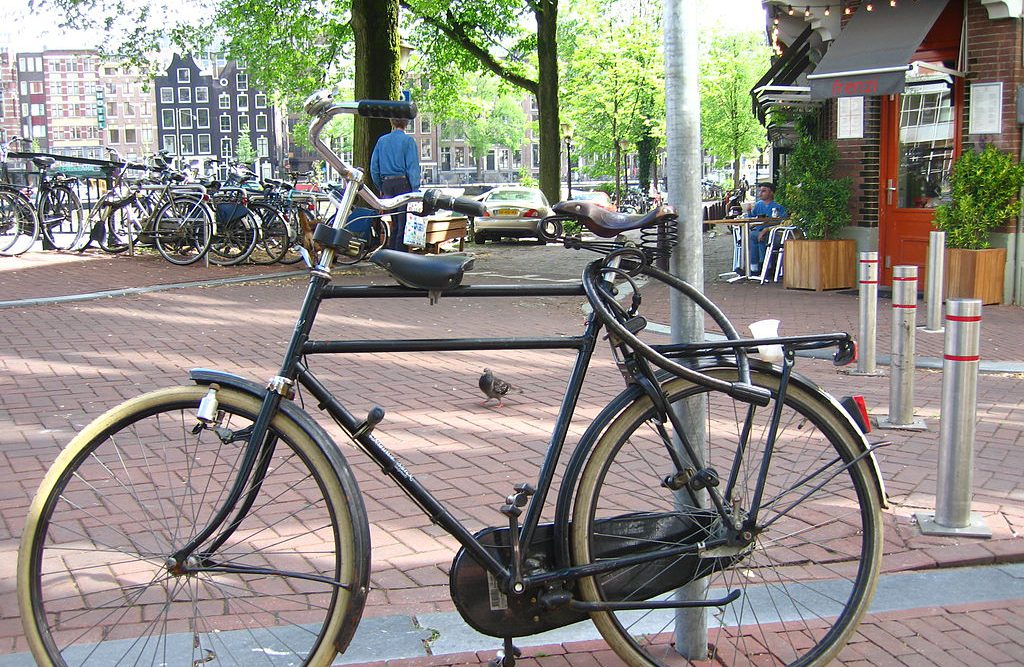How Recreation Can Help All Youths Live Their Best Lives
April 2, 2019

Most adults know that being active is good and healthy for them. Even though they sit in front of the computer for long hours or stare at their screens researching the best offers on no-deposit-casino.co.uk, they know this is fine because they will do some exercise later or they have done it earlier. But what about for the young people of society, do they consider having a balanced lifestyle? Recreation can have a positive impact on children and young adults in a variety of ways.
Health Benefits
Just as with adults, children and teens reap numerous physical benefits from being active. Some of these benefits include reduced risk of type 2 diabetes, lower overall body fat, improved body image and self-esteem, improved muscle function and structure, and more. Being involved in recreation during your early years will also set you up for healthy behaviors throughout the rest of your life, meaning fewer health issues and complications down the road.
 Improves Self-Esteem
Improves Self-Esteem
As briefly mentioned above, recreational activities can also help youths improve their self-esteem. By improving their physical appearance but also by giving them more confidence as they achieve goals, recreation is a strong tool in helping children feel confident and content with themselves.
Reduces Stress
It’s sad but true that today’s children are more stressed than their parents were. This is likely because they live in a busier, ever-connected age that older generations simply didn’t know. The pressure of being “cool” is heightened with social media, as well as the fear of making a mistake or doing something “lame.”
Being active is known to reduce the hormone cortisol in the body and to reduce overall stress levels. Similarly, improving physical health and appearance and improving self-esteem and self-confidence will also help youths reduce their stress levels.
Make Friends
As much as youths are connected these days via their cell phones, school, and social media, many of them are often quite lonely and lacking meaningful friendships or relationships. Being involved in sports and other recreational activities will introduce youths to new people and help them make friends with a meaningful connection.
 Improves Self-Control
Improves Self-Control
Allowing children to express themselves and expel some of their excess energy will help improve their self-control and ability to act appropriately in the classroom or at home. Whether it’s playing soccer, hopscotch, jump-rope, or kickball at recess, physical activity is good for children of all ages. If these activities are not available during the school day, it’s very important for youths to find some sort of recreational activity to be involved in over the weekend or after school.
Being active can help children improve their concentration and focus during the classroom, leading to better behavior and happier teachers (and parents). Physical activity has shown to be extremely beneficial for children diagnosed with ADD, ADHD, and even autism.
Improves Communication
By being involved in a recreational activity, children learn how to clearly and effectively communicate with other children during the activity. Children and teenagers also learn how to utilize communication and work together as a team to accomplish a common goal.
Clearly, recreation offers many benefits for young children and teenagers alike. It’s important for youths to be involved in recreational activities to encourage well-rounded development and growth throughout these formative years.
